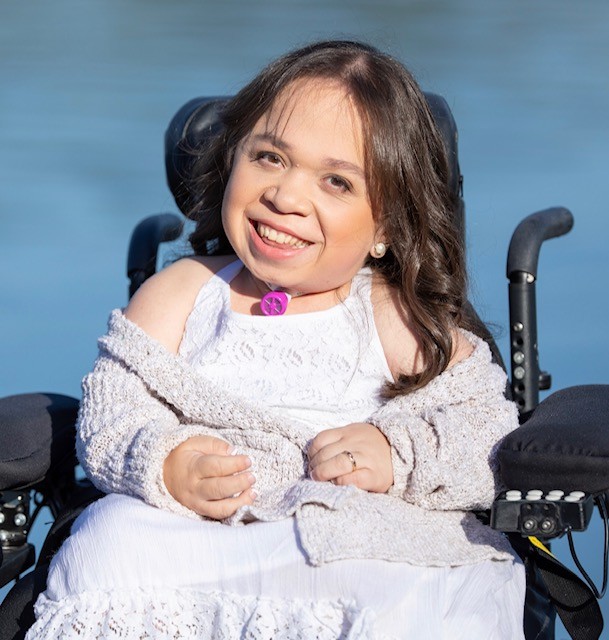Amid intense criticism and a congressional inquiry, U.S. Citizenship and Immigration Services announced Thursday it will resume processing requests for long-standing humanitarian protections that allow immigrants to receive often lifesaving medical treatment in the country.
The order to completely reverse the policy change by USCIS on deportation relief for medical conditions, known as medical deferred action, came from the top official at the Department of Homeland Security, a USCIS spokesperson said.
"At the direction of [DHS] acting Secretary McAleenan, USCIS is resuming its consideration of non-military deferred action requests on a discretionary, case-by-case basis, except as otherwise required by an applicable statute, regulation, or court order,” the spokesperson said in a statement.
USCIS receives about 1,000 requests for deferred action per year, mostly for family support or medical reasons.
Since Aug. 7, USCIS denied the protections for more than 420 immigrants, as the agency abruptly stopped considering such requests, except for military families.
